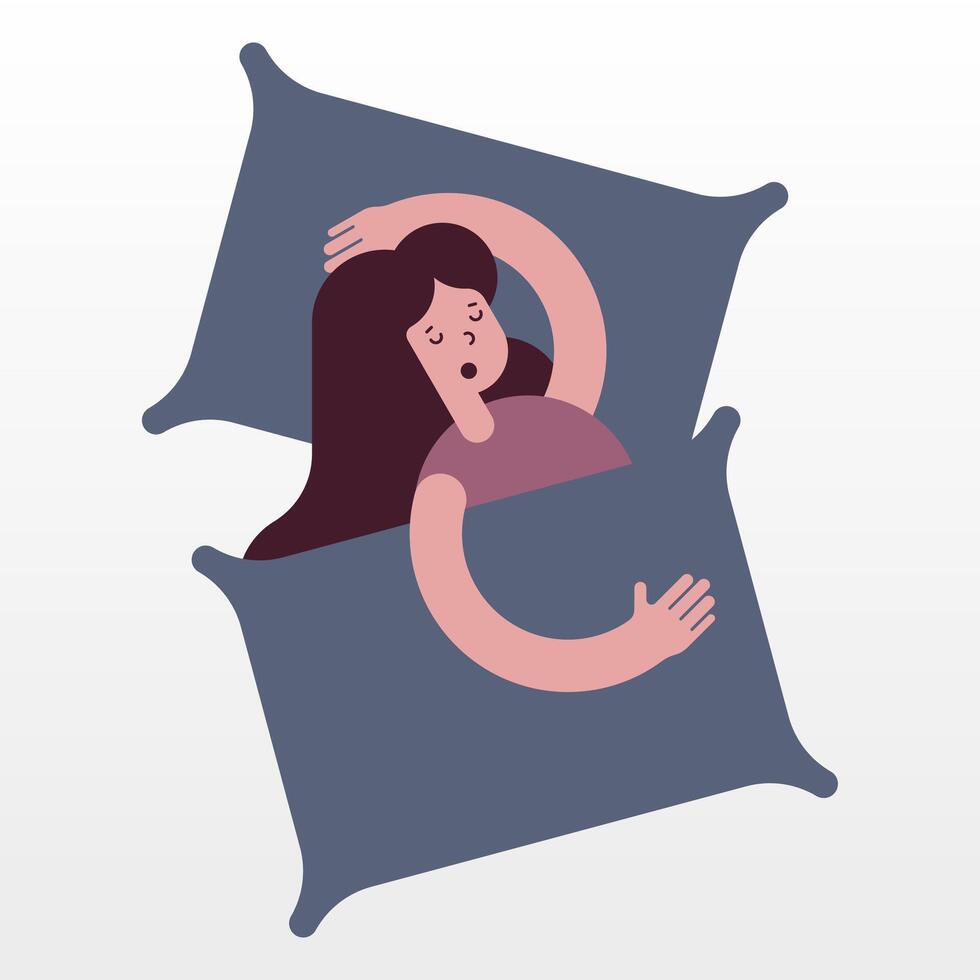
What Happens To Our Brains When We Sleep?
Shiverenje M SimaniStage 1: Falling Asleep
This is the initial stage of sleep where the brain waves slow down, and the body begins to relax. Muscle activity decreases, and you may experience brief muscle contractions. This stage is characterized by a sensation of falling, and if something disturbs you, you might not even realize that you had fallen asleep. 2.
Stage 2: Light Sleep
In light sleep, your body starts to relax more deeply. Your temperature and heart rate drop. During this stage, the brain has quick bursts of activity called sleep spindles, which help process memories and learning. This stage also helps prepare your brain for the deeper stages of sleep that follow.
Stage 3: Deep Sleep
In this restorative stage, the body undergoes essential maintenance. Hormones are released, triggering repair processes and growth. Deep sleep strengthens the immune system, regenerates tissues, and supports overall body recovery. It’s also the stage where sleepwalking can occur.
Stage 4: REM Sleep
The final stage of the sleep cycle is REM (Rapid Eye Movement) sleep, where the brain becomes highly active, mimicking the activity levels seen when awake. This stage is critical for dreaming, and the eyes move rapidly under the eyelids. While the brain is active, the body remains paralyzed to prevent acting out dreams. REM sleep plays a significant role in memory consolidation and emotional regulation. Understanding these stages highlights the importance of a full night’s sleep, not just for feeling refreshed, but for supporting memory, learning, and overall health. Sleep isn't just a time of rest— it's a time of renewal and critical brain activity that impacts how we function when we wake.
Recent research has illuminated the profound impact sleep has on brain health, revealing how various stages of sleep are connected to specific cognitive functions and overall well-being.
- **Alzheimer’s Disease**:
Studies show that poor sleep may be an early warning sign of Alzheimer's disease. As the disease progresses, disruptions between different brain regions during sleep may contribute to the development of the disease.
- **Narcolepsy**:
This disorder, linked to the hypothalamus, involves sudden daytime sleep attacks. It is triggered by autoimmune responses that damage specific cells in the hypothalamus, disrupting the regulation of sleep-wake cycles.
- **Obesity and Diabetes**:
Insufficient sleep, particularly less than four hours a night, is associated with a higher risk of obesity and diabetes. A lack of sleep affects hunger regulation and metabolism, leading to cravings for unhealthy foods and a higher calorie intake.
- **Memory and Learning**:
Just two hours of lost sleep can hinder the brain’s ability to convert short-term memories into long-term ones. REM sleep is especially crucial for learning as it helps the brain process and retain relevant information while discarding irrelevant data.
- **Accidents**:
Sleep deprivation, even by a few hours, significantly increases the risk of accidents, particularly in high-stakes environments like sports. This is due to impaired brain function in areas responsible for motor control and decision-making.
- **Post-Traumatic Stress Disorder (PTSD)**:
In PTSD, sleep plays a vital role in processing traumatic memories. Treatments focusing on sleep improvement may help alleviate some symptoms of PTSD.
- **Parkinson’s Disease**:
REM sleep behavior disorder, where muscles are not paralyzed during dreams, has been identified as a precursor to Parkinson’s disease. Understanding this link could lead to earlier diagnosis and treatment.
These findings underscore the importance of maintaining a healthy sleep routine, as it not only influences daily functioning but also has long-term implications for brain health and disease prevention.
